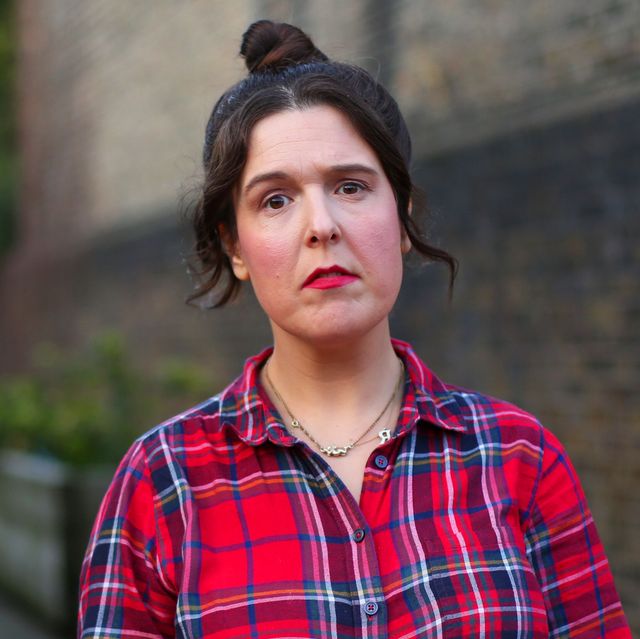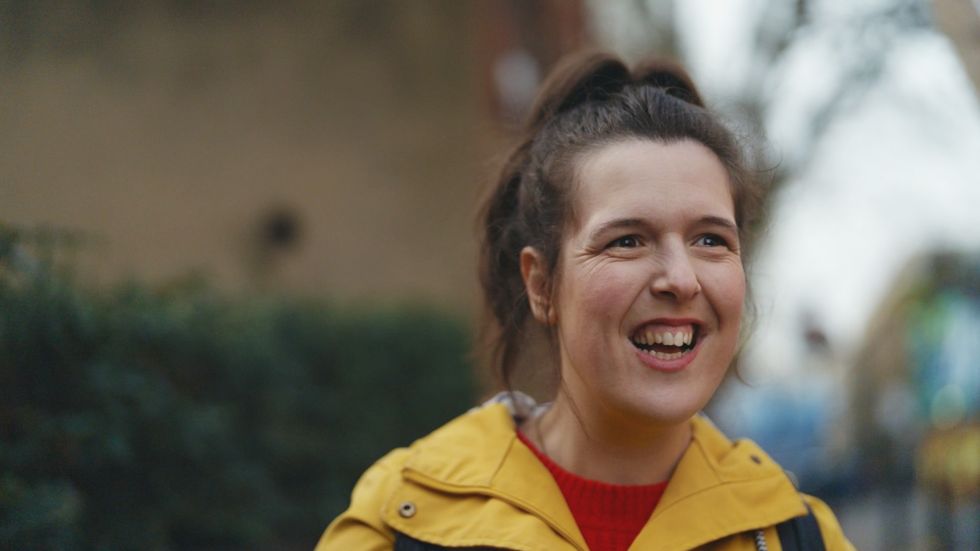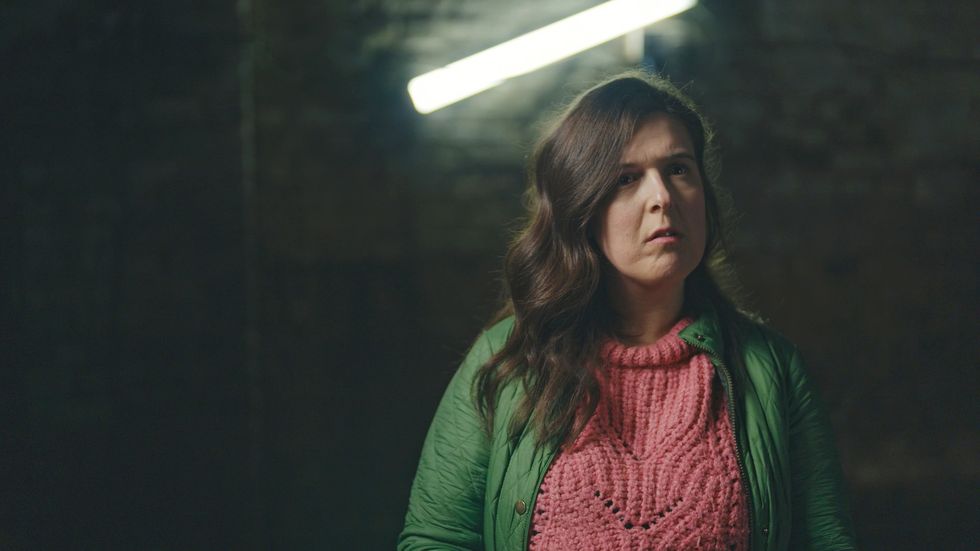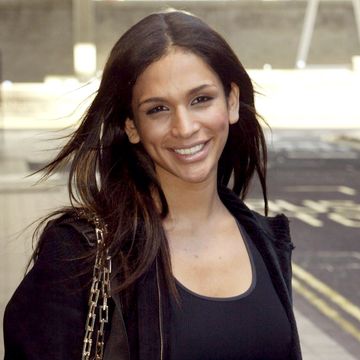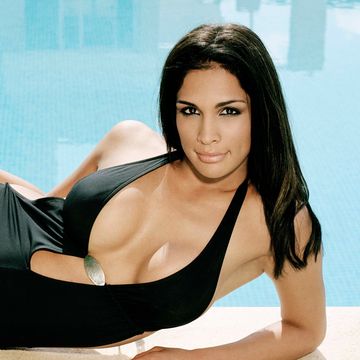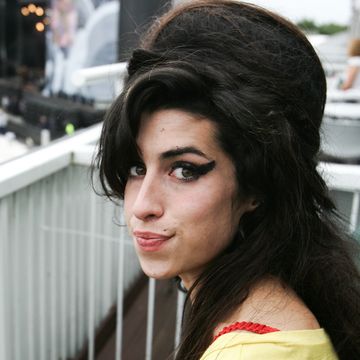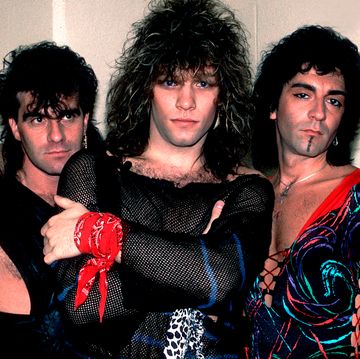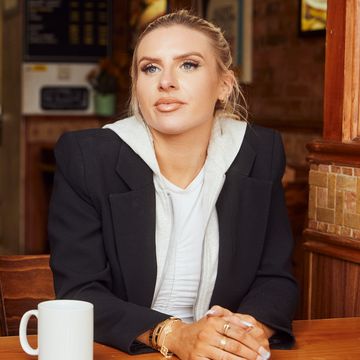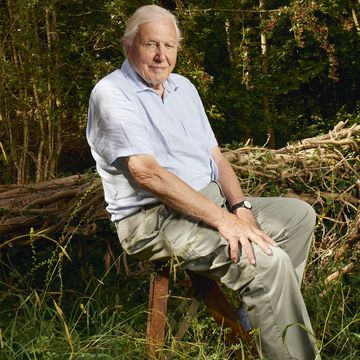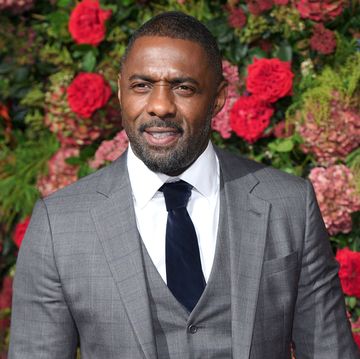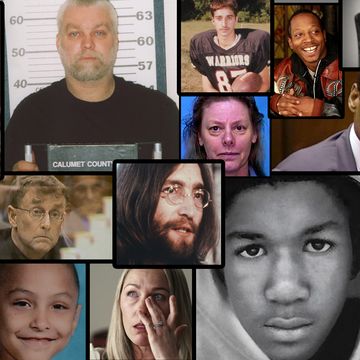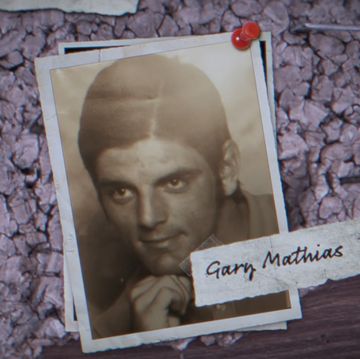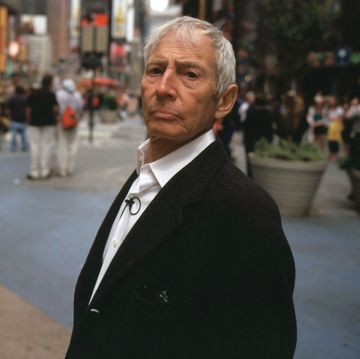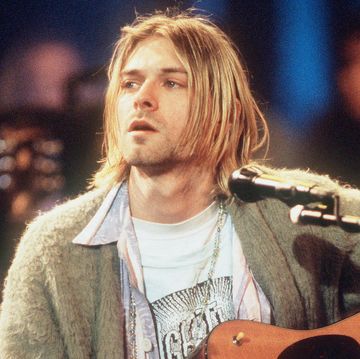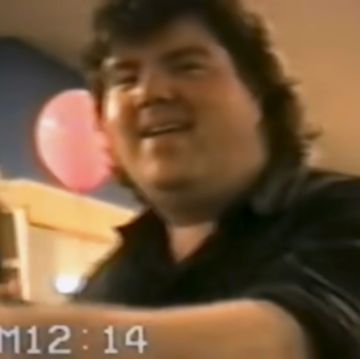Rosie Jones' documentary, "Am I a R****d?", faced significant backlash from the disabled community before its airing, primarily due to its controversial title.
Rosie addressed the response and defended the name of the documentary, stating: "Let's use the word, and hopefully, by the end, nobody will ever use this word again."
Ally Castle, the disability consultant on the show, has said: "There was never, ever any intention to hurt or offend any disabled people by settling on the title. Quite the opposite. The intention is to highlight a broad and important social issue, which speaks to the heart of who we value and how we treat each other.
"And this is through the very personal story of one woman who, precisely because of her profile, puts herself in the line of fire for disgusting, horrendous abuse and ableism on a daily basis."
But Ciara Lawrence, a learning-disability campaigner, argued on Twitter: "It is saying to children and society now that it is ok to use that language and it is not ok. People do not understand what the term means for people with a learning disability like me. It describes us as 2nd class, stupid, unable to learn or do anything.
"I was very upset about the documentary as I was a big fan of Rosie Jones. Still, she didn't speak to people like me about her documentary; we could have helped her understand the impact and effect the title would have had on people like me."
Related: Disability Pride Month: Why disabled actors still need to get more chances
While the film sheds light on the online abuse endured by disabled people, the continual use of the 'R' word overshadowed its message. Since the announcement of the title, there has been an anecdotal increase in ableist slurs, as reported by those in the community, including the 'R' word, directed towards disabled activists who criticised the decision to include the word in the film's title.
Activist Lucy Dawson tweeted, "I've made a post on my Instagram regarding the increase of comments including the R word I have personally received."
Now the documentary is available to watch in full: is the use of the word in the title justified? I'd argue that no, it is not worth the harm endured by disabled people.
As someone with cerebral palsy, like Rosie, I experienced bullying in school, and the words she featured on the show were ones I had heard directed towards me in person or online.
To deflect the impact, I used to refer to myself with those slurs, thinking it would be less hurtful if I beat others to it. However, the 'R' word was a word I was uncomfortable with due to its historical ramifications.
For many disabled people, seeing that word in a documentary title brought back years of abuse and trauma. In the documentary, Rosie never once explained the impact the 'R' word can have on people or why it is so hurtful.
Used initially against those with intellectual disabilities, the offensive word was introduced as a medical term in 1960. However, its use as a legal definition was changed to promote more inclusive language under Barack Obama's presidency (specifically Rosa’s Law) in 2010. Despite this change, the word persists in real life and social media as a negative term intended to harm disabled people.
Mencap recently shared a video showcasing the impacts of the 'R'word, illustrating its harmful effects on disabled individuals:
The film centres around Rosie, a person with cerebral palsy who bravely confronts the challenges of enduring abuse while navigating the streets. Rosie's story sheds light on the harsh realities of ableism and the coping mechanism of using headphones to shield herself from hurtful comments and mistreatment.
While Rosie's experience is crucial in highlighting the impact of ableism, it is evident that the film could have benefited from including more disabled voices. Besides Rosie, Nikki Fox, a BBC presenter, is the only disabled person featured in the show.
Four prominent disabled activists – dancer Kate Stanford, model Lucy Dawson, influencer Shelby Lynch, entrepreneur Keely Cat-Wells and TV presenter Sophie Morgan – chose to drop out due to Channel 4's persistence in using the offensive term.
Kate Stanford shared a statement about that decision on Twitter:
In a statement, a Channel 4 spokesperson said: "This film is an authored documentary by Rosie Jones to raise awareness and educate viewers about the issue of ableism and the scale of abuse she and other disabled people face daily.
"The use of the 'R' word in the documentary is within context of the subject matter being explored and specific to the abuse Rosie receives on social media. The film makes very clear it is an unacceptable and offensive ableist term and its inclusion was carefully considered in conversations with the editorial team, Rosie and a disability consultant."
Castle has also stated: "This isn't a film about other people; this is a film about Rosie."
They added: "Rosie was not alone in being a disabled person who, after a great deal of thought and discussion, a few tears and moments of anger, agreed with shining a spotlight on that particular word in this very particular context."
But ableism is a multifaceted problem affecting disabled people, and featuring a broader range of perspectives within the documentary would have provided a more comprehensive view.
While this lack of wider representation might have been a result of the activists withdrawing from the project, the film would have really benefited from the additional viewpoints – something that would be essential in portraying the realities of ableism.
At one point, Rosie vulnerably questions whether she's the right voice to investigate the ableist online abuse disabled people endure, as she represents only one perspective.
Rosie reports a tweet containing the 'R' word and, despite its offensive nature, Twitter's algorithms failed to recognise it as a violation of its rules. Rosie puts forward that homophobic or racist abuse can get taken more seriously on Twitter, which inadvertently pits communities against each other instead of addressing the issue at hand and may also not be a reflection of others' experiences.
She eventually catches Twitter's attention and goes to its London HQ wearing a T-shirt and holding a cookie decorated with the show's title. It was a surprising move, but it does block the abusive account. Jones states, "Does it take a f**king biscuit for people to stop calling us ['R' word]?"
The abuse shared within the film would shock able-bodied viewers, but it was all too familiar for those that experience it first-hand. This documentary was not made for disabled people, and it won't change the minds of those who continue to use the 'R' word.
As Rosie ends with the message "stop ableism" without providing a solution, I can't help but feel disconnected from the show. Unfortunately, this documentary's approach may have caused more harm than good.
Rosie Jones' documentary is available to watch on Channel 4.
